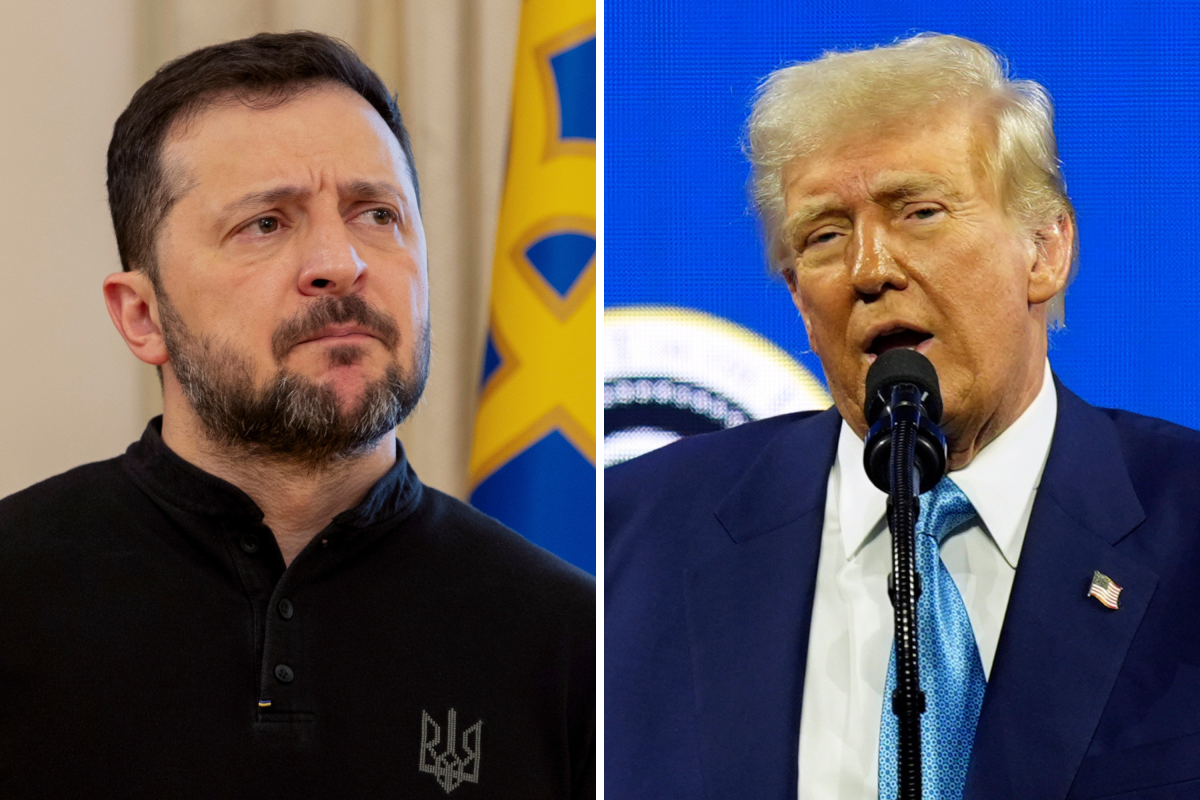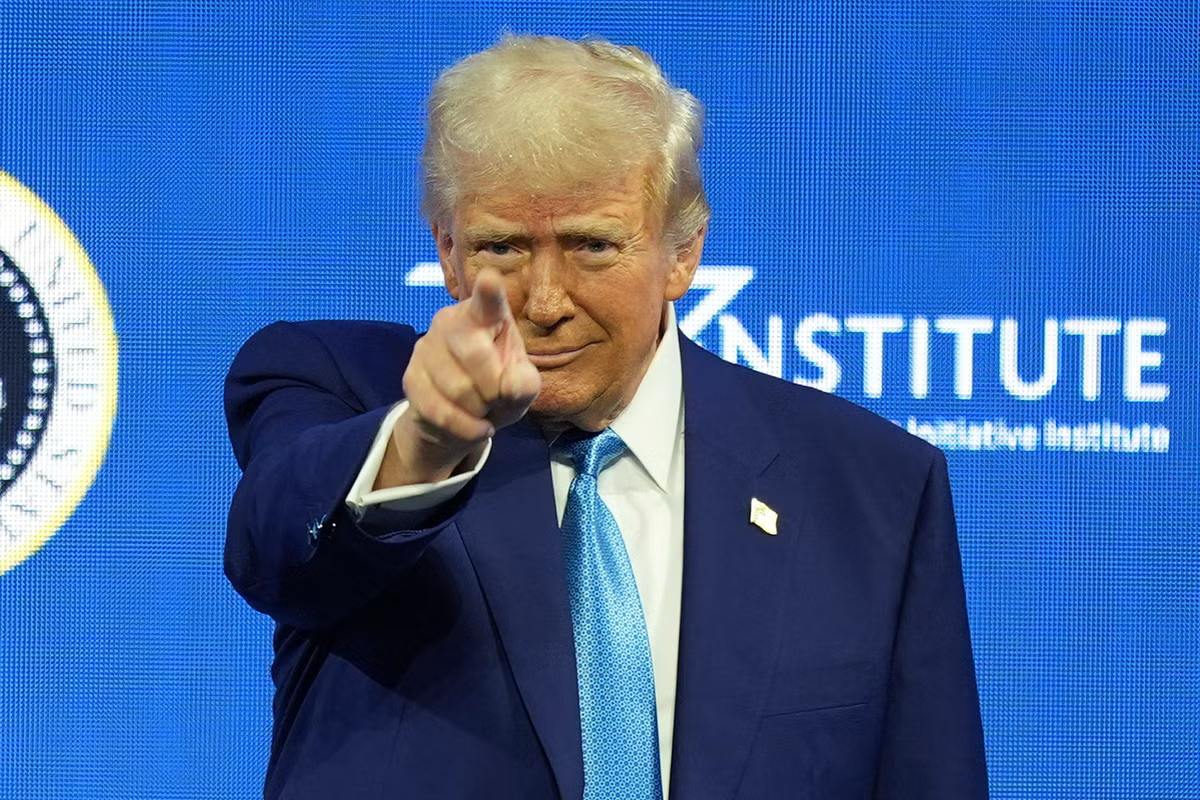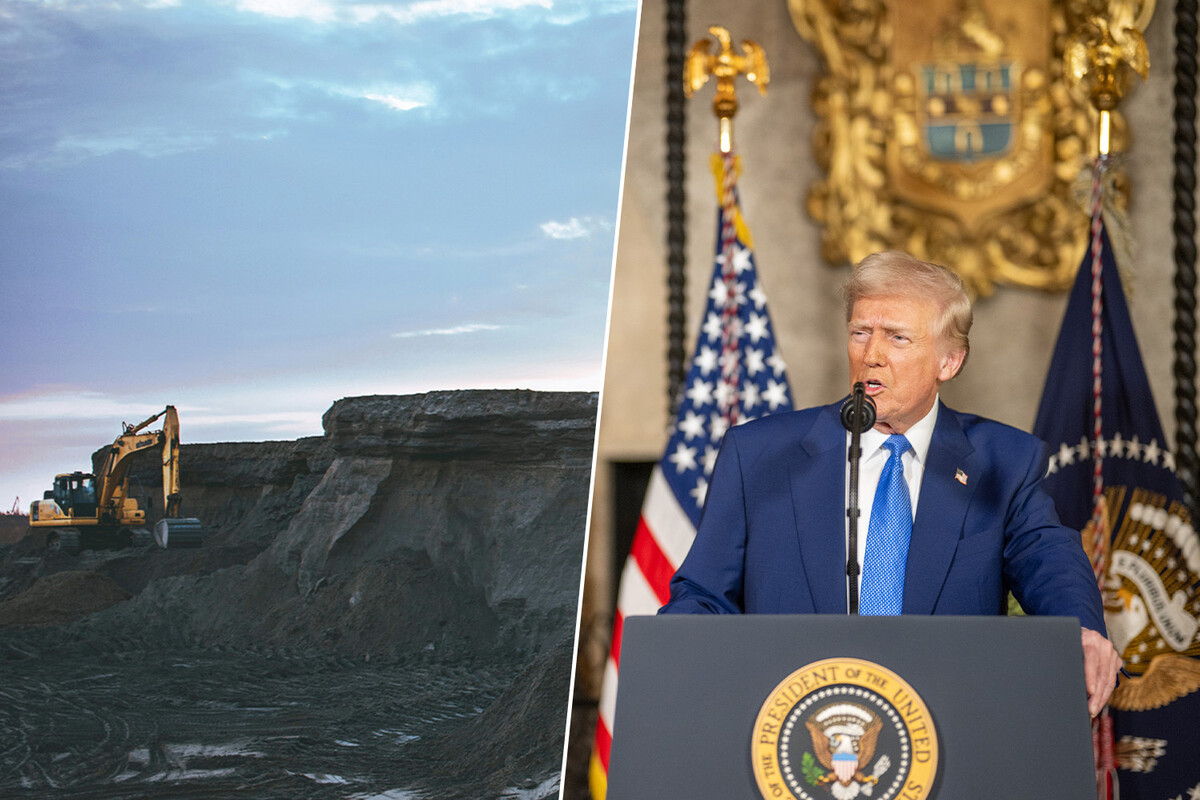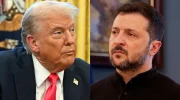Control of these resources is crucial for advanced technological applications and the production of weapons.
Trump has begun this new term with the idea of appropriating anything that can bring him financial gain and is not under his jurisdiction. He started with Greenland and now he wants to do the same with Ukraine, but as happened with the first, he is not going to find anything in the eastern country that matches his expectations.
In short. Donald Trump has declared that Ukraine has vast reserves of rare earths, but this is far from the truth. In fact, this claim is debunked by the US Geological Survey itself, which does not include the eastern country as having significant deposits of these minerals.
But why this obsession? As soon as he took office as president, Trump stated that he wanted to “buy” Greenland as a strategic area within the geopolitical framework and for its mineral wealth, which according to energy experts Javier Blas and Richard Milne was not the case, despite it being a large area. However, the whole obsession with rare earths is to ensure access to strategic resources that, for the most part, are dominated by China.

Control of these resources is crucial for advanced technological applications and weapons production. Securing the supply of rare earths could have significant geopolitical implications, and in a context of rivalry with China, it could be part of its strategy to diversify the sources of these elements.
And why Ukraine now? Analyst Javier Blas explains it well for Bloomberg, as the issue began when the Ukrainians presented Trump with a “victory plan” highlighting the country’s mineral potential. This led Trump to speak publicly about Ukraine’s rare earths on several occasions, even mentioning a surprisingly high dollar amount that the US could obtain from these resources, without any basis in geological reality.
The energy expert believes that the confusion probably arises from Trump’s misunderstanding or mistake in linking Ukraine with rare earths, when in reality the country does not have large deposits of these minerals. He could also have been confused with other mineral resources that Ukraine does have, such as titanium and gallium, which are valuable but not of the same strategic magnitude as rare earths.
Disinformation is everywhere. However, it should be noted that this confusion on the part of President Trump has also been fueled by erroneous reports or conspiracy theories circulating in the political arena, which mention minerals such as lithium, beryllium or even uranium, which are sometimes mistakenly included in lists of “rare earths”. In fact, this report was published in December last year by NATO’s Energy Security Center of Excellence, an autonomous bodyaffiliated with the military alliance that uses its name and logo. However, as Blas explains, if these are the sources used by Trump’s advisors, it is a significant problem for global politics.

The strategic point. Although Ukraine does not have vast mineral reserves, the country is in a very important geopolitical location, as it is a country of contention against Russia. For years, Ukrainian gas pipelines have been essential for the supply of Russian gas to Europe, becoming a constant source of tension. European dependence on Russian gas has led to energy crises and geopolitical disputes, further reinforcing Ukraine’s relevance on the international stage. In this context, the obsession with its mineral resources is not only an economic issue, but also an attempt to reinforce the geopolitical and energy security of the Western bloc.
Under threat. In the face of this situation, Trump has attacked Zelensky in recent statements, calling him a “dictator”and warning that, if he does not act quickly, Ukraine could disappear. He has also criticized the lack of prior agreements to avoid war and the high cost of the conflict for the United States. In these recent statements, he also suggested that Europe should assume a greater share of military spending, as he considers that the war affects Europe more than the United States.









